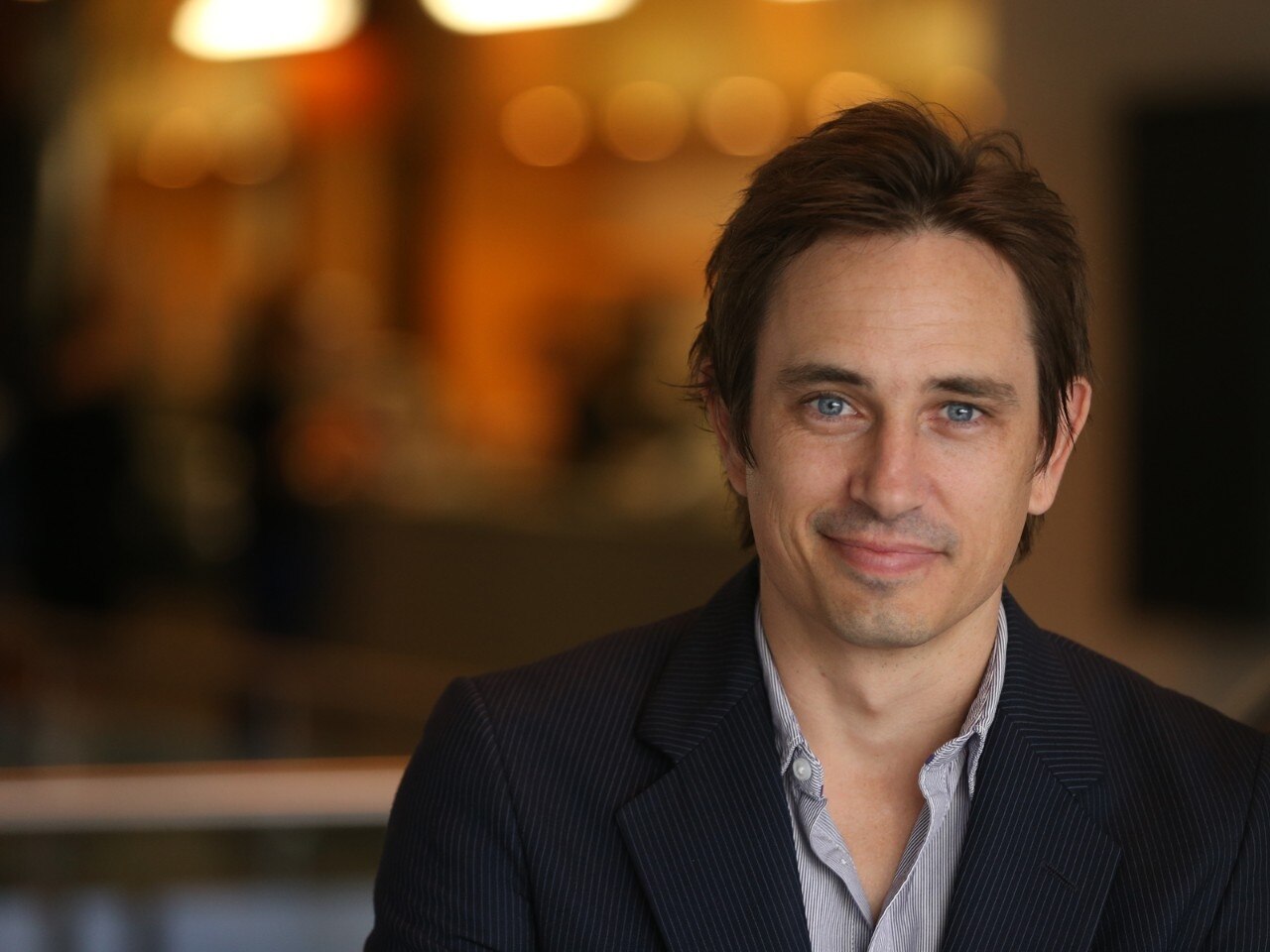Trent Dalton's Idea of a Real Paradise

The journalist and author discovered that one man’s version of utopia is another man’s signpost to paradise.
The journey
Brisbane to Vanuatu
The year
2014
“So you’ve found your way to us,” said the old man, welcoming me to the rainforest utopia he had built at the end of the earth in readiness for the end of the earth. We’d sailed for nine hours along the impenetrable west coast of the island of Espiritu Santo, Vanuatu, our catamaran dwarfed so often by giant wave troughs that I wondered if the whole chancy yarn – 4000 words for The Weekend Australian Magazine – was really worth dying for.
“Why have you come here?” asked Steve Quinto, an American millionaire and former budget airline owner who’d spent almost 10 of his 79 years building an 800-hectare “living ark” deep beyond the village of Tasmate. Edenhope was a jungle dreamscape. A network of wooden tracks and bridges weaving through the manicured gardens and orchards; lush fields of wild blue flowers and trees so big and ancient their root systems housed wild animals. A communal library; a warehouse filled with tools and hardware; a surgery stocked with medicines to last two decades. There were 10 octagonal huts made of premium redwood timbers that Steve shipped from America along with earthmovers and a team of skilled labourers who got his vision of a remote and eternal idyll where 23-odd people – chosen by Steve – could wait out the earth’s inevitable apocalypse.
“We want quality, not quantity,” he explained as he closed his eyes. “This is the birth of a new species… the birth of beauty… the birth of dreams.”
A young woman emerged from the forest and wrapped her arms around my shoulders. She was European and beautiful. She wore a yellow sundress and no shoes. She said her name was Ona. I asked how she got here and she said the same way I had, by seeking answers to questions, by stepping outside of what I know. “Ona is my daughter,” said Steve. “She is my granddaughter. She is my sister. She is my mother.” Utopia was very confusing. I didn’t stay for the apocalypse. But I did stay for the wild cabbage soup. I spent a week in Edenhope.
No clocks. No phones. No Facebook. We ate fruit and yams and wiped our backsides with leaves. We chopped coconuts for breakfast and had taro puddings and banana stews for dessert. We swam in crystal-clear rivers and warmed ourselves by open fires. We read books and spoke about the universe and, slowly but surely, I grew weary of paradise. I missed my wife and kids. I realised that if the earth did meet its fiery day of doom, I’d prefer to watch it from the deck of my 1970s house in Brisbane. I gave Steve my best, wished him a gentle apocalypse and made my way home.
As I walked through the door, my wife said our car was making a funny noise, leaves were clogging the gutters, my eldest daughter hadn’t finished her maths homework and my youngest had contracted a raging head cold. I grabbed a tissue and wiped a river of lime-green snot from my daughter’s perfect button nose. Aaaah, paradise.
Top image: Lyndon Mechielsen
SEE ALSO: The Trip That Changed Author Nikki Gemmell


